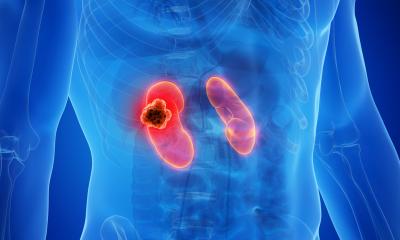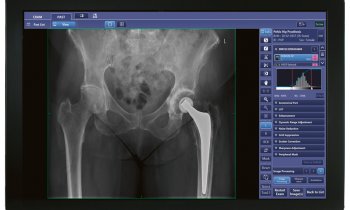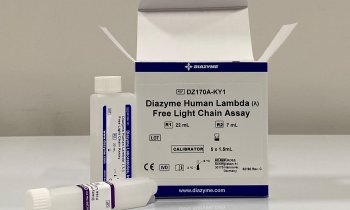News • Early detection
Lung cancer screening: ESR welcomes release of NELSON trial results
The publication of the results of the Dutch-Belgian lung cancer screening trial (NELSON) supports recent calls to introduce lung cancer screening programmes throughout Europe.
Image source: Shutterstock/create jobs 51
In light of the scientific evidence, lung cancer screening should be firmly embedded in any initiative launched by the European Commission and the Member States in the fight against cancer.
As the leading cause of death from cancer in the world, lung cancer is responsible for more deaths than colorectal, cervical and breast cancers combined. The NELSON trial, a population-based, randomised, controlled trial, was initiated in 2000 with the goal of assessing mortality reduction with volume-based, low-dose CT lung cancer screening in high-risk participants.
Recommended article
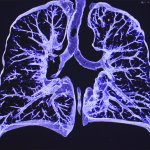
Article • Lung cancer early diagnosis
Can we afford not to offer lung screening?
For lung cancer patients, life expectancy has hardly improved since 1970. A ten-year survival is 5%, making this the leading cause of death among all cancers. One reason is that, in most cases, the disease is diagnosed far too late. Professor Mathias Prokop is among leading advocates of low-dose CT screening for lung cancer for high risk patients.
Following the positive results of the US-based National Lung Screening Trial (NLST), the NELSON trial confirms earlier indications that volume CT lung cancer screening among high-risk participants results in lower lung cancer mortality than no screening. The trial suggests a 24% lung cancer mortality reduction for men and 33% for women in comparison with no screening. Trial data demonstrate more benefits of screening among women than men, but more research is needed to support findings across subgroups. Furthermore, the trial’s findings point to the increased likelihood of early detection and a significant reduction of false positives and unnecessary procedures due to volume CT screening.
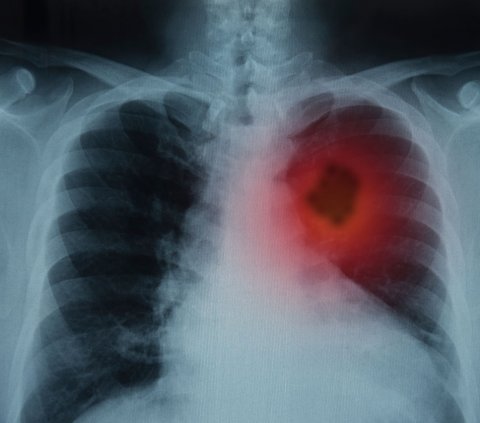
Image source: Shutterstock/create jobs 51
Considering the latest scientific evidence, the European Society of Radiology (ESR) believes that lung cancer screening should be included in the scope of the Europe’s Beating Cancer Plan, expected to be released by the European Commission towards the end of 2020, to ensure equal access to lung cancer screening and diagnosis across Member States. The new scientific evidence furthermore calls for an update of the 2003 Council Recommendation on cancer screening, and for Member States to exchange best practices and gradually implement lung cancer screening programmes while upholding the highest standards of care and patient safety.
The ESR will continue to collaborate with the political actors at EU and national level as well as with other stakeholders to promote lung cancer screening as an effective measure to reduce mortality caused by lung cancer.
You can find here a factsheet that was jointly developed by the European Society of Radiology and the European Respiratory Society (ERS) explaining how lung cancer is currently the biggest cancer killer in Europe and which measures should be implemented to address the deadly disease. The ESR and ERS have also teamed up to promote lung cancer screening in Europe in a joint statement containing contemporary, non-systematic review of the literature and common practice in lung cancer screening and referring to the NELSON study results. You can find the paper here.
Source: European Society of Radiology (ESR)
19.02.2020





